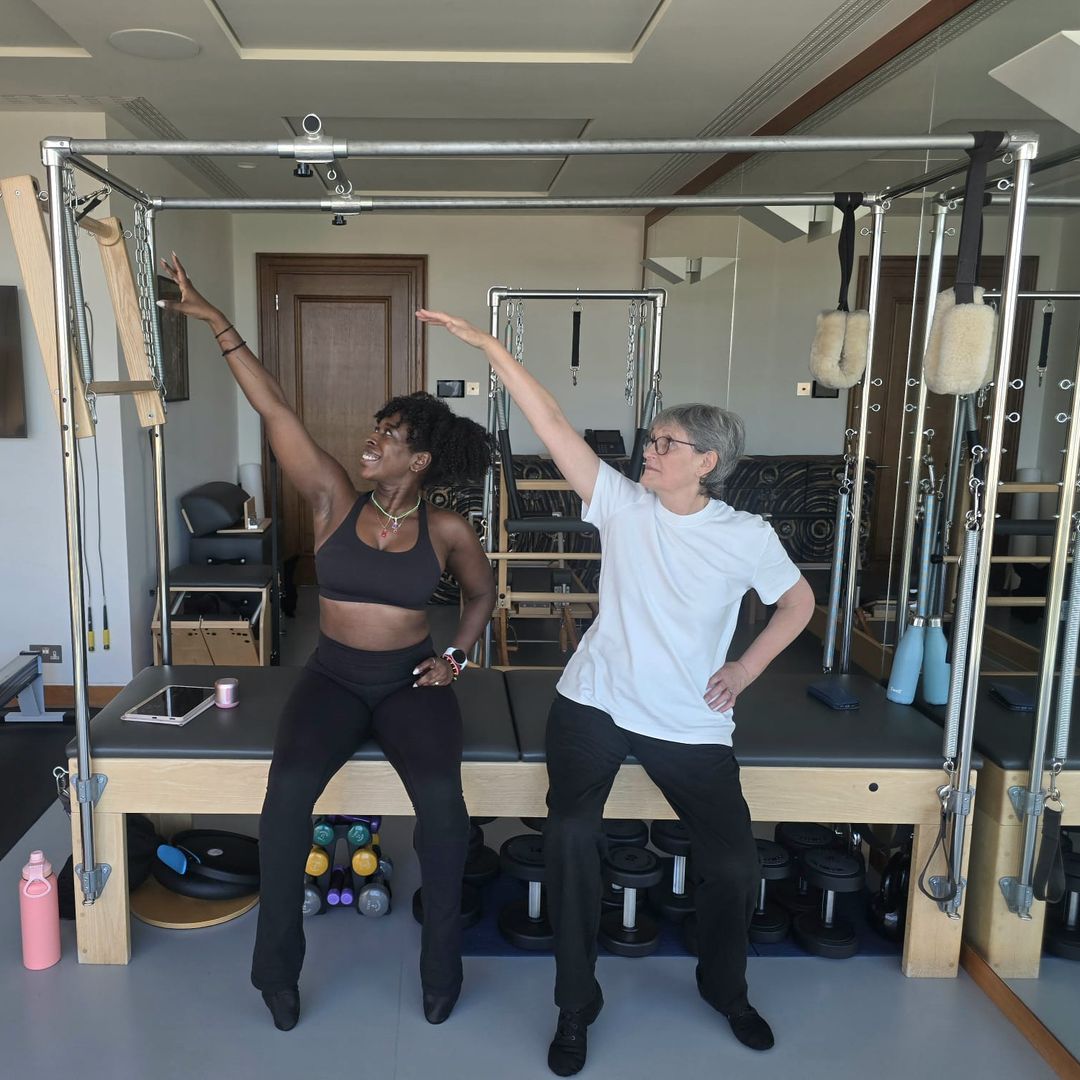A recent survey suggests that up to 10 per cent of the UK population are plagued by stomach complaints. But, whilst using over-the-counter medication can relieve symptoms, ultimately moderation and balance is the key to maintaining good digestive health.
The new 'Life in Rhythmn plan', designed by fitness experts and nutritionists on behalf of Imodium, explores how the combination of the foods we eat, the mood we are in and the amount of physical activity we undertake on a daily basis can alter digestion.
Designed to try and reduce the woes of a sensitive tummy and help sufferers improve the rhythm of their digestive health, the plan incorporates five easy day-to-day yoga steps into your daily routine, as well as diet tips such as cutting out spice.
The goal? To improve your overall energy levels and ease any discomfort you may experience.
An exercise routine such as yoga or Pilates helps to maintain flexibility, strength and correct alignment but can be still be fitted into the busiest of routines. Just take a look at our photo gallery for some yoga-based inspiration from fitness expert Angie Newson.Each pose delivers different benefits. Movements that stretch the chest improve breathing which, in turn, stimulates healthy intestinal contractions. Meanwhile, stretching the pelvic and abdominal area can reduce inflammation helping to strengthen your lower muscles.And the old adage ‘everything in moderation’ is the best approach to take with food. A healthy diet with steamed vegetables, less meat, reduced dairy and wheat can provide good internal support.
Leading Nutritionist Amanda Hamilton explains that "with the hectic lives we lead, meals often become our lowest priority but it's extremely important to get into good eating habits in order for our body to function properly".Hot and rich Indian food is often difficult to tackle if you are prone to digestive upsets – but don't worry about missing out. Just swap your spicy sauce for a dry dish such as tandoori chicken served with boiled rice for a more tummy-friendly alternative.
And if you're cooking at home, chillies won't be difficult to replace. Just try combining paprika, plenty of lime and coriander to help keep your dishes flavoursome and authentic.
Remember to slow down at dinnertime – it takes 20 minutes for your stomach to tell your brain that it's full, so eating slowly means you're likely to end up eating less.
DO'S AND DONT'SDO reduce your stress levels – try to relax by learning to breathe deeply and slowlyDO have fun – laughter is a great stress reducer and boosts the immune system, which is often weakened by stressDON'T consume lots of alcohol which causes the body to lose fluids. Drink plenty of water or diluted fruit juice but stay away from alcohol and milk, which could further irritate your gut








